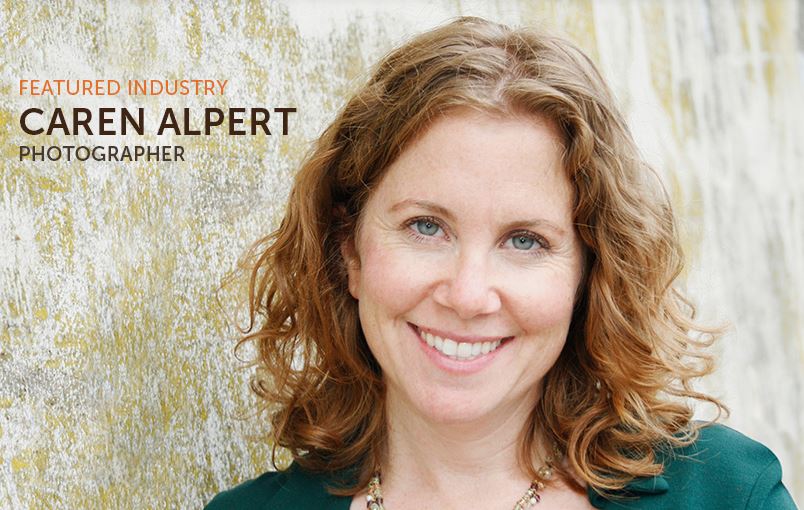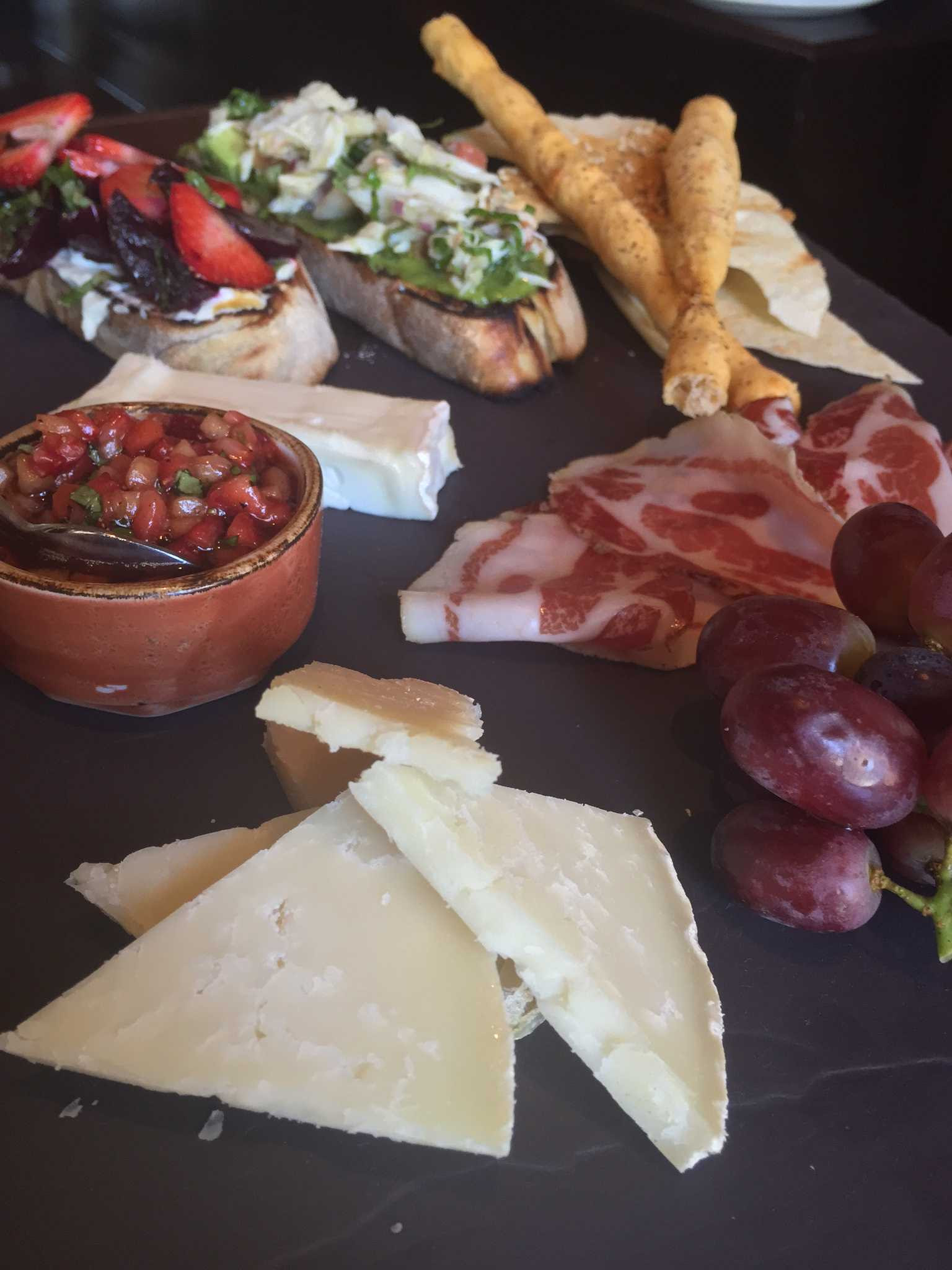— Maintaining an Effectively Regulated Marketplace for Beverage Alcohol —
With many states across the country debating whether to privatize the distribution of beverage alcohol, or remain a “control state” and continue to distribute and/or sell beverage alcohol, executives from the wine and spirits industry united to stress the importance of ensuring that states maintain appropriate regulatory control and marketplace oversight.
Wine & Spirits Wholesalers of America (WSWA) President and CEO Craig Wolf led a panel of senior executives in the first ever industry-wide discussion about the issues surrounding privatization of alcohol beverage distribution and sales at a “State of the Alcohol Industry” briefing held today at the National Press Club in Washington, D.C.
Wolf, acting as moderator, began the discussion by emphasizing that “whether a state decides to remain a control state or decides to get out of the business of alcohol distribution, it is absolutely imperative that it must never get out of the business of regulating alcohol.”
Charmer Sunbelt Group Chairman and CEO Charlie Merinoff represented the wholesale tier. Distilled Spirits Council of the United States President and CEO Peter Cressy spoke on behalf of the supplier tier, and American Beverage Licensees Executive Director John Bodnovich represented the retailer tier. They were joined by Pennsylvania Liquor Control Board CEO Joe Conti.
All speakers stressed the need for open and ongoing discussion regarding the many complex and competing regulatory issues that have arisen as a result of the privatization movement. They emphasized that regulators, suppliers, wholesalers, retailers and consumer advocates must all be involved throughout the process — specifically pointing to recent legislation in Washington State as a warning of what can happen if all sectors of the alcohol industry and consumers are not fully involved in the privatization debate.
“The three-tier system has allowed Americans the greatest variety of beverage alcohol products in the world, and retailers are proud of that,” said Mr. Bodnovich. “When it comes to privatizing retail alcohol sales, protecting the integrity of the three-tier system must be the highest priority to keep our marketplace fair and competitive for independent beverage retailers.”
“Since the Repeal of Prohibition, beer, wine and spirits have always been highly and well-regulated,” said Dr. Cressy. “This is not a matter of a ‘Control State’ vs. a ‘License State.’ Rather, the focus should be on getting the right balance of regulation and market freedoms that meet the needs of the modern consumer.”
“Today, the U.S. marketplace for beverage alcohol is the envy of the world,” Mr. Merinoff added. “It is a vibrant and competitive market that breeds innovation and creativity. And, it is the most consumer-friendly marketplace on the earth. This is a direct result of the competitive forces unleashed and fostered by America’s unique three-tier system. It is system that works and should be protected.”
“Getting government out of the alcohol business shouldn’t mean leaving the businesses that engage in the trade ungoverned,” Mr. Wolf stated, “and states must be careful to maintain balance and ensure that no tier or player within a tier is allowed to dominate or monopolize the marketplace. Failure to maintain that balance will have a detrimental effect on consumers, the retail trade, distributors, suppliers and society as a whole.”
###
The Wine & Spirits Wholesalers of America, Inc. (WSWA) is the national trade organization representing the wholesale tier of the wine and spirits industry. It is dedicated to advancing the interests and independence of wholesale distributors and brokers of wine and spirits. Founded in 1943, WSWA has over 340 member companies in 50 states and the District of Columbia. Our members distribute more than 70 percent of all wines and spirits sold at wholesale in the United States. For more information, please visit www.wswa.org <http://www.wswa.org> .






